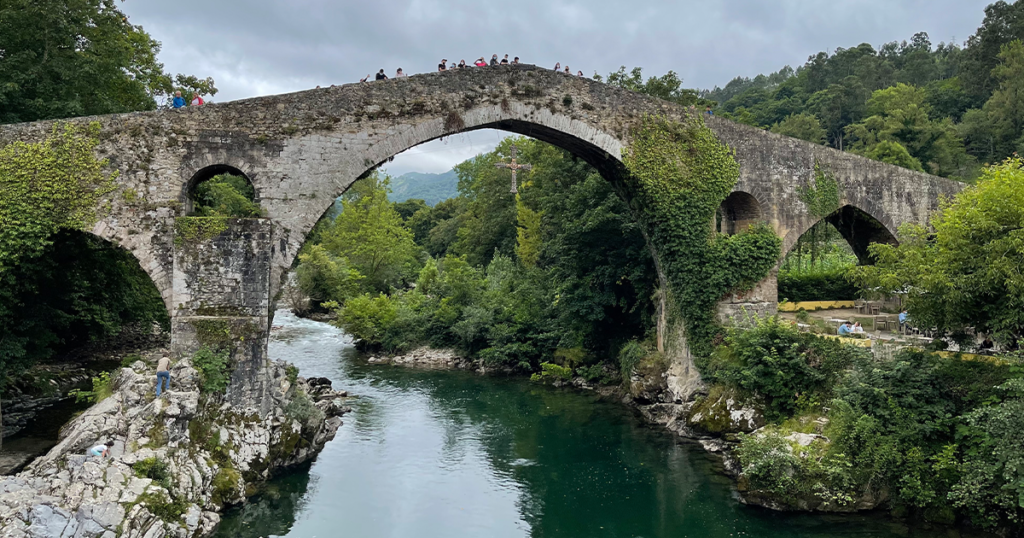
It’s possible to dip into a favorite old book just as one can dip into a box of snapshots, to look for a remembered passage as you can a remembered photo, and after a few minutes and a few sighs, have had enough to remind oneself of past delights. Then on with the work. At present it was organizing my books, which I’d packed willy-nilly for the move to my new house and was now sorting through and shelving.
The children’s books, the ones my mother read to me and that I read to my children, often the very same copies, are the most likely volumes to afford a pleasant dip. Those books are all to go on the shelves in the living room for leisurely perusal at some future date, not upstairs in my studio where the books I really should read, those I should reread, and the ones I often do consult are all shelved. But all this planning and remembering—sometimes I just need to break free. Out into the day I want to escape, where time is not measured by progress down the list of chores to do. Where time is not measured at all.
Down the hill from my house and just past the train tracks, a Roman bridge spans the Nora, the river flowing past Pola de Siero, the town where I now live. The bridge is wide enough for two people to walk abreast, but only just. What lay at either end in Roman times is a guess, but now the bridge connects a narrow asphalt service road on the far side parallel to the thruway beyond it and the relatively new river path on the close side. I’d like to say the path winds along beside the river, but just as true is that the river winds along the path, both of them bending and twisting, with half a dozen new metal bridges leapfrogging the path from one side of the river to the other in a fairly short distance. How the planners who rerouted the river when the thruway was built 30 years ago hit on this series of bends and switchbacks I don’t know, but there it all is, six roughly parallel routes: train line, old gravel road leading to one farm and another in the bottoms, river, river path, service road for the thruway, and the new thruway itself. Horses, dogs, trains, fish, cars, bikes, pedestrians, runners, tractors, and ducks all use one or another of these routes. So do snails and beetles and a snake that slithered off the path as I slowed for a closer look.
And so does an old friend whom I did not at first recognize. I was pausing on the old Roman bridge, looking down into the stream, when I spied a clump of brown straw floating briskly along. There was something purposeful about its progress, and I kept my eye on it. Suddenly, as it was about to catch on a rock, the clump rose up out of the water, became half as wide and twice as high, scurried over the rock, ducked under the bank, and emerged a few feet farther downstream to again float along. It looked like, could it be, was it really … Ratty! All that rat fur—who’d have thought how it spread out in the water. Quite a thrilling sight. I knew of river rats but had never seen a real one.
“Never seen—you never—well, I—what have you been doing then?” I could imagine the surprised rat asking. What indeed! Clearly, not spending enough time by the river.
We did not have this conversation. Instead, in rapture I watched Ratty go, leisurely but with intent, not pivoting in the current but heading straight for somewhere. An appointment with Mole? An encounter with Toad? I knew exactly the book to go to for the answer, and I turned around and clambered back up the hill just as Ratty had clambered up the rock. As I went, it occurred to me that I would be doing two things at once—perusing a favorite book and answering new questions, all in the comfort of my living room. Two jobs at once! I did not think Ratty would approve. Two jobs and indoors on a fine afternoon when you might be outdoors doing no job, simply messing about. Well, I thought, I’ll just dip in. Then I’ll be back to the old bridge to lean on the wall and watch for nothing in particular but everything all at once.

